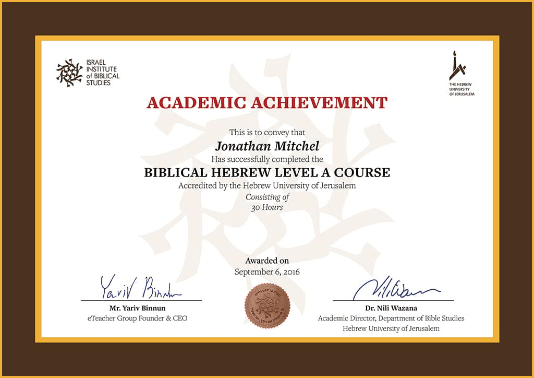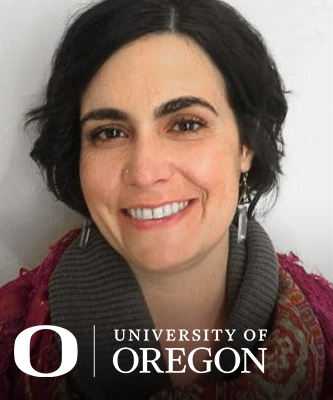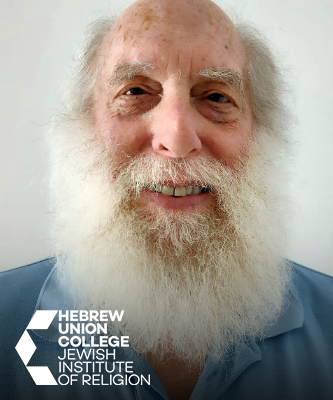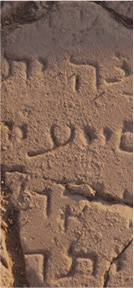Course Description
Biblical Greek is the original language of the New Testament and the spoken language in 1st century Jerusalem, where Christianity was born. Understanding the language allows us to grasp the deeper meanings and the context of the events that took place in the New Testament.
In our course Biblical (Koine) Greek 1, we begin with the basics; the first few lessons are dedicated to acquiring both the printed and cursive alphabet and the pronunciation of the letters. From this point, we read Biblical verses from the Old and New Testament, discussing the hidden relationship between Greek and Hebrew and its effect on our understanding of the Scripture.
When do our courses start?
We have a few starting dates so you can choose the class that best suits your schedule. Our next class starts on Tuesday, March 17 at 7:00 PM. If you are interested in one of our classes click on the schedule below to start the registration process.


























